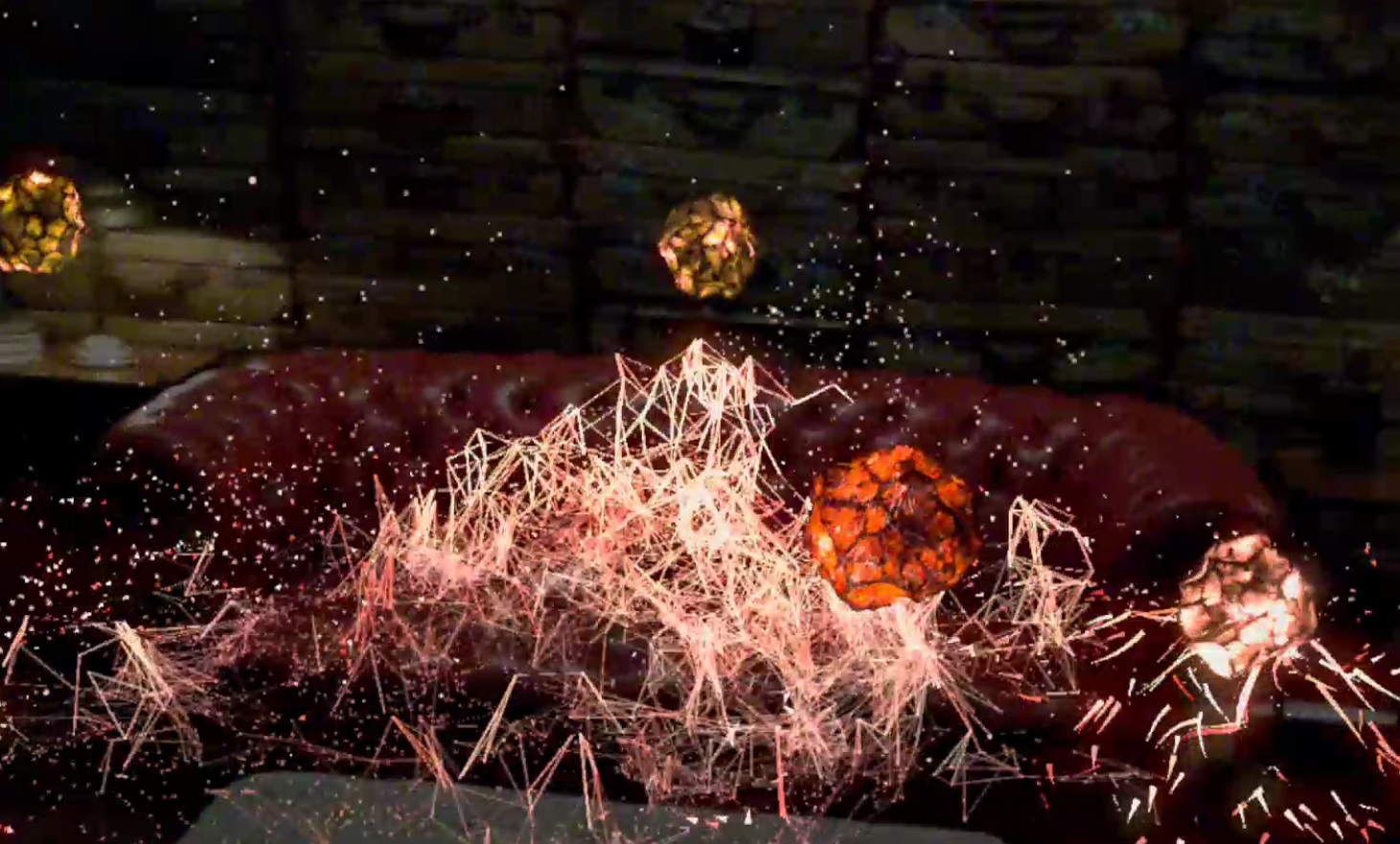Magic Leap is taking orders for its first product, the $2,295 Magic Leap One Creator Edition augmented reality glasses. It superimposes computer-animated imagery on the world to augment what you can see with your own eyes.
CEO Rony Abovitz has been waiting for this day for a long time — since he started Magic Leap in his garage in Florida back in 2010. He saw an explosion of expectations and hype after Google invested more than $500 million in the company, raising expectations for AR and mixed reality.

Unlock premium content and VIP community perks with GB M A X!
Join now to enjoy our free and premium membership perks.
![]()

![]()